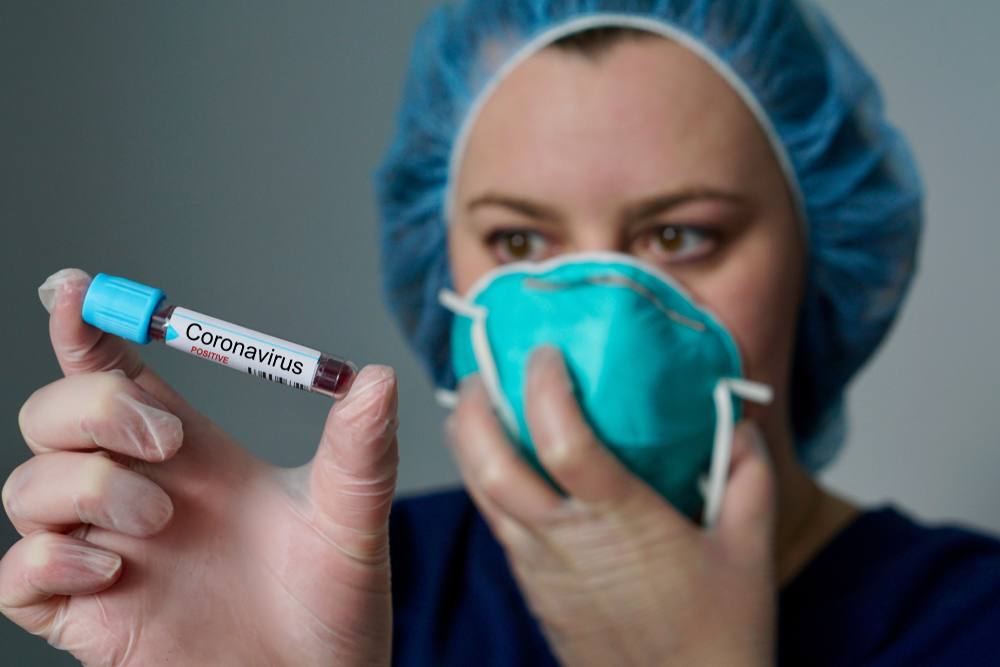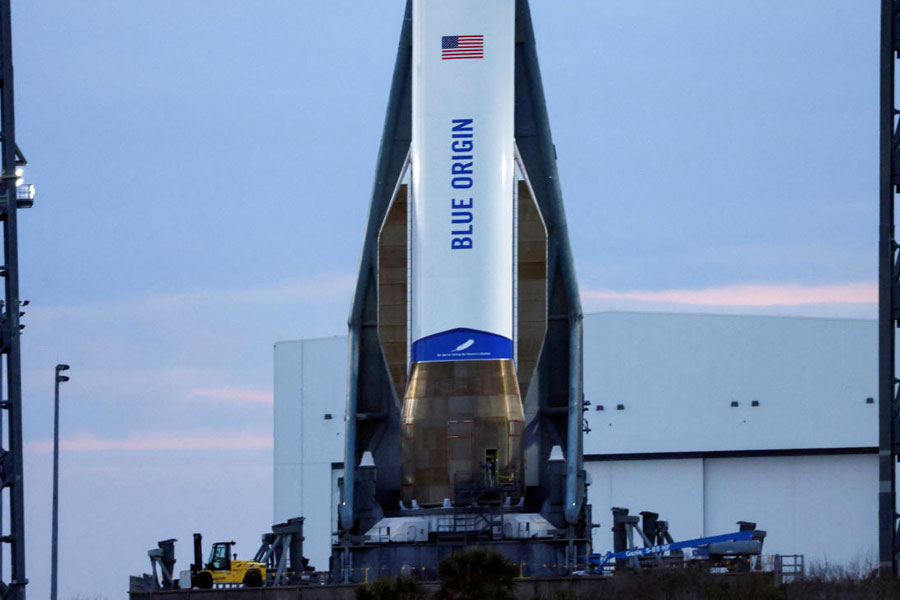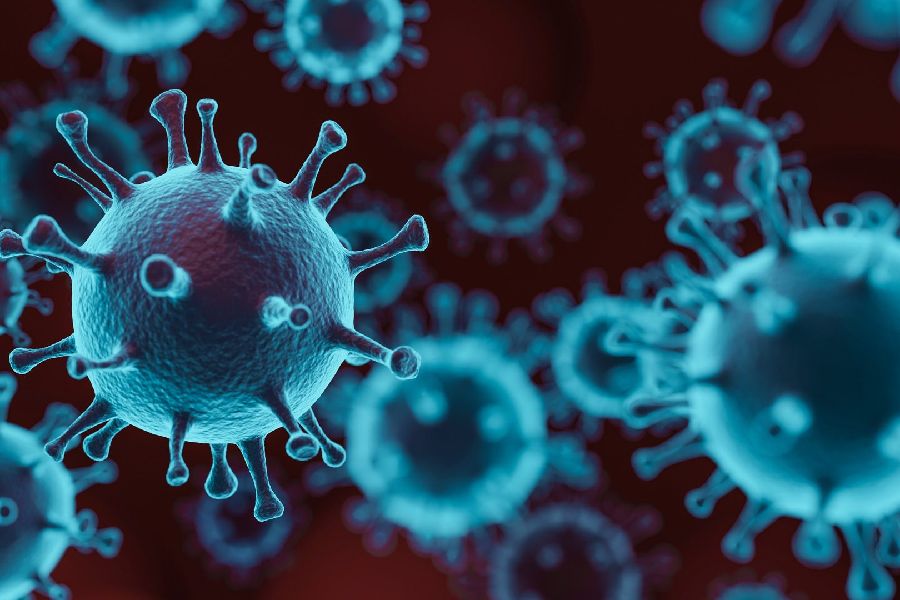A Hyderabad-based vaccine-making company has joined a research effort led by the University of Wisconsin-Madison in the US to develop a candidate intranasal vaccine against the novel coronavirus, company and university scientists said on Friday.
The company, Bharat Biotech, hopes to produce the candidate vaccine for human clinical trials that could begin later this year if studies on animals to be conducted over the next three to six months in the US show promise, the scientists said.
The candidate called Coroflu is based on a candidate flu vaccine into which UW-Madison scientists will insert gene sequences from the SARS-Cov2, the novel coronavirus, to create a vaccine designed to induce immunity against the coronavirus.
Human clinical trials of the flu vaccine on several hundred volunteers have suggested that it is safe and well-tolerated, they said.
Coroflu, which contains SARS-Cov2 sequences, is expected to produce an immune response against flu and the coronavirus.
FluGen, a company founded by UW-Madison virologists Yoshihiro Kawaoka and Gabriele Neumann, will transfer the vaccine design to Bharat to scale up production.
“We’ll first make the vaccine for human clinical studies in multiple countries,” said Raches Ella, Bharat’s head of business development. “If the results of these studies are successful, we plan to produce almost 300 million doses of the vaccine for global distribution,” he said.
Scientists not associated with CoroFlu estimate that over 80 other research groups, many in similar partnerships with vaccine makers, across the world are pursuing vaccines against the coronavirus.
All of these candidate vaccines will need to pass through safety and efficacy trials, which scientists expect could take between 12 to 18 months.
“We need a large number of vaccine-design strategies because many candidate vaccines will not make it into human efficacy trials,” said Gagandeep Kang, the executive director of the Translational Health Science and Technology Institute, Faridabad.
Medical researchers at the University of Pittsburgh School of Medicine in the US on Thursday announced a potential vaccine delivered through a finger-sized patch that produces antibodies against the coronavirus in quantities believed sufficient to neutralise the virus.
Their study published in EBioMedicine is the first peer-reviewed research on a coronavirus vaccine candidate that uses a microneedle array to increase potency. The array, the fingertip-sized patch of 400 tiny needles, delivers viral proteins into the skin where immune response is the strongest.
In mice, the candidate vaccine generated antibodies against the coronavirus within two weeks. The Pittsburgh researchers are now applying for approval from US regulators to start a safety trial in humans within the next few months.










